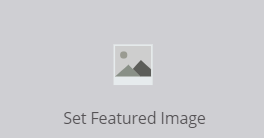Belgium’s Prime Minister Defies ICC Warrant for Netanyahu Visit
Belgium’s PM De Wever Defies ICC: No Arrest Warrant for Netanyahu in Brussels Visit! . —————– Belgium’s Position on the ICC Arrest Warrant Against Netanyahu In a significant development in international politics, Belgium’s newly appointed Prime Minister, Bart de Wever, has…Read More »

